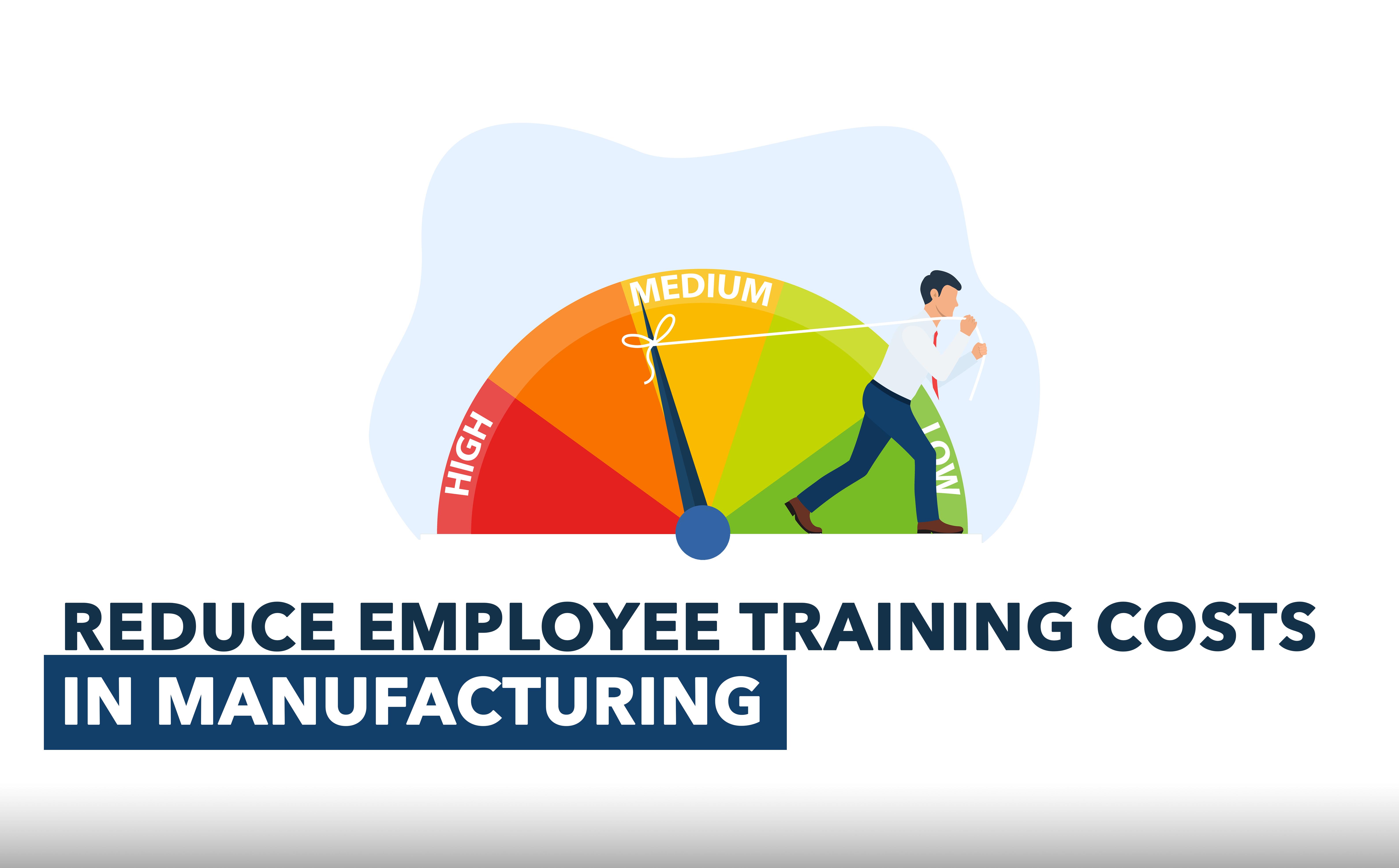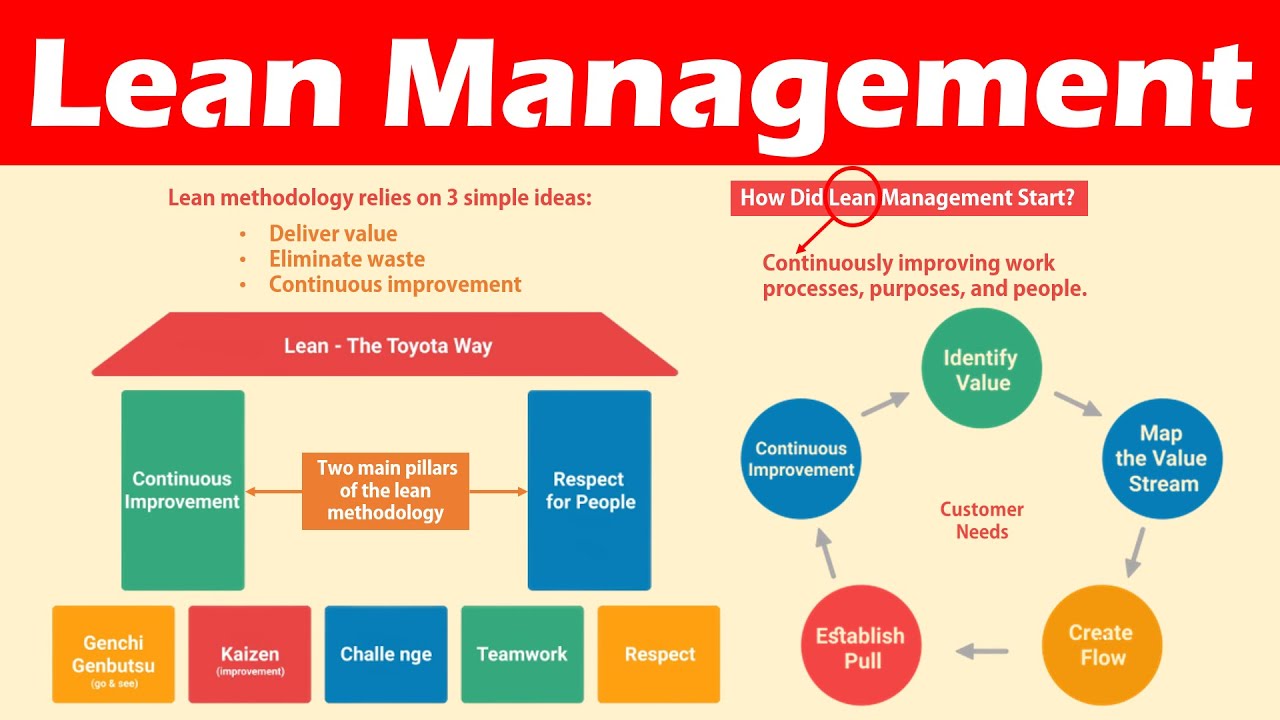
There are many logistics companies in North Carolina that can help you, whether your company requires a warehouse, distribution center or product transport. They offer many services including warehouse distribution, drayage trucks, and broared transportation solutions.
North Carolina's Charlotte region offers distribution services. The region is easily accessible to major interstate highways as well as the majority of U.S. ports and population. It is also home to the sixth busiest airport in the nation.
Charlotte also offers many benefits to companies that want to operate their distribution centers there. This includes easy access to major ports, an inland city location, and cost-effective industrial space. It is also home of the nation's premier high-tech research center.
North Carolina's rail infrastructure continues to improve. North Carolina has the country's largest consolidated railway system. It serves 22 states. Your company can travel to more than 70% of the U.S. in one day.

North Carolina also offers two major shipping ports. Both the Port of Wilmington, Morehead City and Morehead City offer full-service transportation to both coastal and inland destinations. The Port of Virginia is also accessible at Norfolk/Hampton Roads.
There are several large aerospace companies as well as many other manufacturing firms in the state. North Carolina also boasts several Foreign Trade Zones. These zones make it a great place to either import or export products. A strong economy has led to strong demand for products. This will continue to have an impact on the global supply chain.
ACI Transport is a transport company founded on integrity and adaptability. It also places emphasis on customer service and communication. ACI provides transportation services to many industries, including the chemical, health, and building sectors.
C&O Warehousing & Logistics, Raleigh-Durham has a modern warehouse area of 400,000 feet. This company provides distribution solutions that are based on modern warehouse space.
The company is expanding to better serve the East Coast life sciences industry. A major Food & Beverage company is also a partner of the company. The company expects to increase its workforce by 300 over the next few decades.

CSX recently opened CSX Carolina Connector. This terminal, which is intermodal, is located in Rocky Mount NC. The company won the Hay Award for Excellence for its work on this project. CSX recently started direct rail service to Port Wilmington. This is a significant boon for Rocky Mount's manufacturers.
North Carolina has two full service shipping ports in addition to warehousing. Port City Logistics offers several transportation services, such as drayage and warehouse distribution. Port City's warehouse area covers 3.5million square feet. Port City also offers brokered transportation solutions. Port City plans $16 million investment in a 150,000-square feet building in New Hanover County. This building will create 75 new jobs in New Hanover County.
FAQ
What are the 7 Rs of logistics.
The 7R's of Logistics is an acronym for the seven basic principles of logistics management. It was created by the International Association of Business Logisticians and published in 2004 under its "Seven Principles of Logistics Management".
The acronym is composed of the following letters.
-
Responsible – ensure that all actions are legal and don't cause harm to anyone else.
-
Reliable - have confidence in the ability to deliver on commitments made.
-
Reasonable - make sure you use your resources well and don't waste them.
-
Realistic – consider all aspects of operations, from cost-effectiveness to environmental impact.
-
Respectful - show respect and treat others fairly and fairly
-
Be resourceful: Look for opportunities to save money or increase productivity.
-
Recognizable - provide customers with value-added services.
How can manufacturing efficiency be improved?
First, we need to identify which factors are most critical in affecting production times. The next step is to identify the most important factors that affect production time. If you don't know where to start, then think about which factor(s) have the biggest impact on production time. Once you identify them, look for solutions.
Is automation important in manufacturing?
Not only are service providers and manufacturers important, but so is automation. It allows them to offer services faster and more efficiently. In addition, it helps them reduce costs by reducing human errors and improving productivity.
What is meant by manufacturing industries?
Manufacturing Industries are those businesses that make products for sale. Consumers are people who purchase these goods. This is accomplished by using a variety of processes, including production, distribution and retailing. They create goods from raw materials, using machines and various other equipment. This includes all types and varieties of manufactured goods, such as food items, clothings, building supplies, furnitures, toys, electronics tools, machinery vehicles, pharmaceuticals medical devices, chemicals, among others.
Are there ways to automate parts of manufacturing?
Yes! Yes. The Egyptians discovered the wheel thousands and years ago. Nowadays, we use robots for assembly lines.
In fact, there are several applications of robotics in manufacturing today. These include:
-
Line robots
-
Robot welding
-
Robot painting
-
Robotics inspection
-
Robots that produce products
Automation can be applied to manufacturing in many other ways. 3D printing is a way to make custom products quickly and without waiting weeks or months for them to be manufactured.
How does a production planner differ from a project manager?
The difference between a product planner and project manager is that a planer is typically the one who organizes and plans the entire project. A production planner, however, is mostly involved in the planning stages.
What is the responsibility of a logistics manager?
Logistics managers ensure that goods arrive on time and are unharmed. This is done by using his/her experience and knowledge of the company's products. He/she also needs to ensure adequate stock to meet demand.
Statistics
- (2:04) MTO is a production technique wherein products are customized according to customer specifications, and production only starts after an order is received. (oracle.com)
- According to the United Nations Industrial Development Organization (UNIDO), China is the top manufacturer worldwide by 2019 output, producing 28.7% of the total global manufacturing output, followed by the United States, Japan, Germany, and India.[52][53] (en.wikipedia.org)
- According to a Statista study, U.S. businesses spent $1.63 trillion on logistics in 2019, moving goods from origin to end user through various supply chain network segments. (netsuite.com)
- In 2021, an estimated 12.1 million Americans work in the manufacturing sector.6 (investopedia.com)
- Many factories witnessed a 30% increase in output due to the shift to electric motors. (en.wikipedia.org)
External Links
How To
How to Use Lean Manufacturing for the Production of Goods
Lean manufacturing refers to a method of managing that seeks to improve efficiency and decrease waste. It was developed in Japan between 1970 and 1980 by Taiichi Ohno. TPS founder Kanji Tyoda gave him the Toyota Production System, or TPS award. Michael L. Watkins published the book "The Machine That Changed the World", which was the first to be published about lean manufacturing.
Lean manufacturing refers to a set of principles that improve the quality, speed and costs of products and services. It emphasizes the elimination of defects and waste throughout the value stream. The five-steps of Lean Manufacturing are just-in time (JIT), zero defect and total productive maintenance (TPM), as well as 5S. Lean manufacturing seeks to eliminate non-value added activities, such as inspection, work, waiting, and rework.
Lean manufacturing is a way for companies to achieve their goals faster, improve product quality, and lower costs. Lean manufacturing is a great way to manage the entire value chain including customers, suppliers, distributors and retailers as well as employees. Lean manufacturing is widely practiced in many industries around the world. Toyota's philosophy is a great example of this. It has helped to create success in automobiles as well electronics, appliances and healthcare.
Lean manufacturing includes five basic principles:
-
Define Value- Identify the added value your company brings to society. What makes you stand out from your competitors?
-
Reduce Waste - Eliminate any activity that doesn't add value along the supply chain.
-
Create Flow. Ensure that your work is uninterrupted and flows seamlessly.
-
Standardize and simplify - Make your processes as consistent as possible.
-
Build Relationships- Develop personal relationships with both internal as well as external stakeholders.
Lean manufacturing isn’t new, but it has seen a renewed interest since 2008 due to the global financial crisis. To increase their competitiveness, many businesses have turned to lean manufacturing. In fact, some economists believe that lean manufacturing will be an important factor in economic recovery.
With many benefits, lean manufacturing is becoming more common in the automotive industry. These include better customer satisfaction and lower inventory levels. They also result in lower operating costs.
Any aspect of an enterprise can benefit from Lean manufacturing. Because it makes sure that all value chains are efficient and effectively managed, Lean Manufacturing is particularly helpful for organizations.
There are three types principally of lean manufacturing:
-
Just-in Time Manufacturing: This lean manufacturing method is commonly called "pull systems." JIT refers to a system in which components are assembled at the point of use instead of being produced ahead of time. This strategy aims to decrease lead times, increase availability of parts and reduce inventory.
-
Zero Defects Manufacturing, (ZDM): ZDM is focused on ensuring that no defective products leave the manufacturing facility. It is better to repair a part than have it removed from the production line if it needs to be fixed. This also applies to finished products that need minor repairs before being shipped.
-
Continuous Improvement (CI),: Continuous improvement aims improve the efficiency and effectiveness of operations by continuously identifying issues and making changes to reduce waste. Continuous Improvement involves continuous improvement of processes.